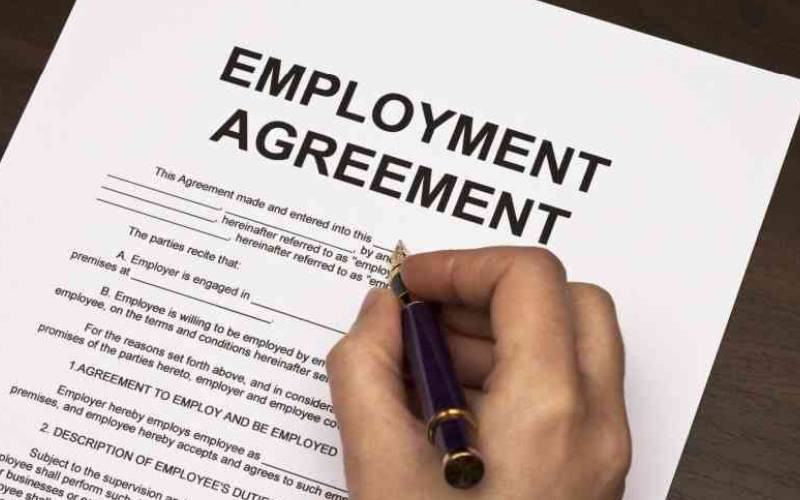×
The Standard e-Paper
Stay Informed, Even Offline
To tax or not to tax; debate on the question taxing capital gains grows even as experts argue the move is long overdue, writes FRANCIS AYIEKO
A few days after Finance Cabinet Secretary Henry Rotich announced that the Government was planning to re-introduce capital gains tax, shares at the Nairobi Securities Exchange dropped to a 14-week low as investors reportedly worried that the tax plans might dim the appeal of equities.







